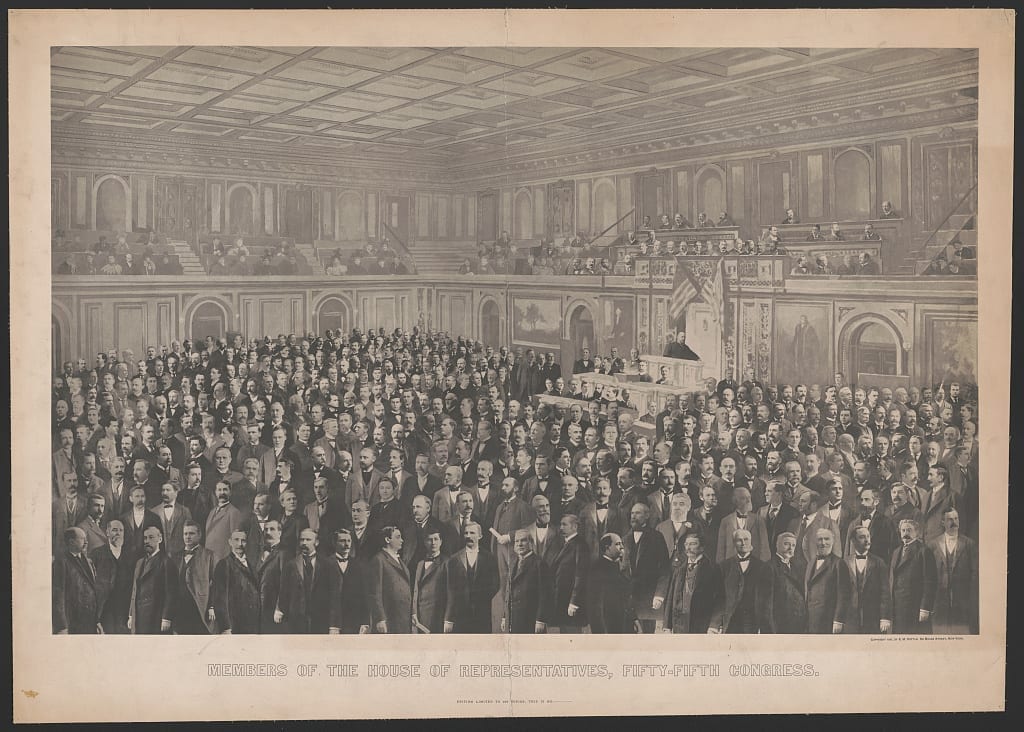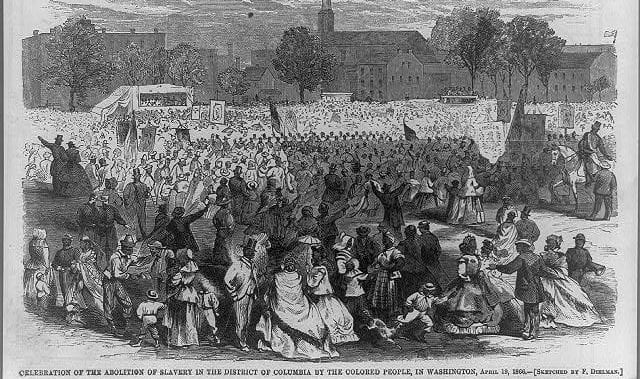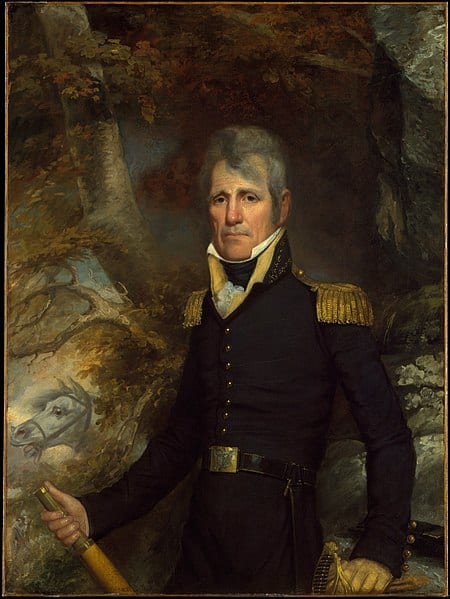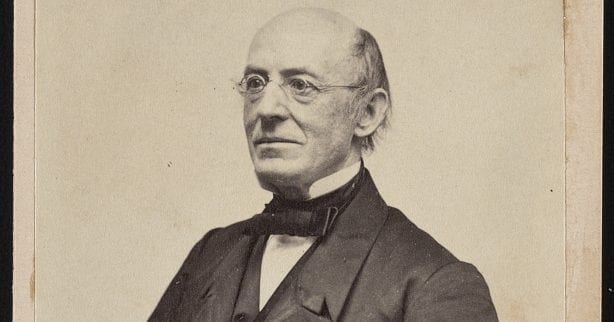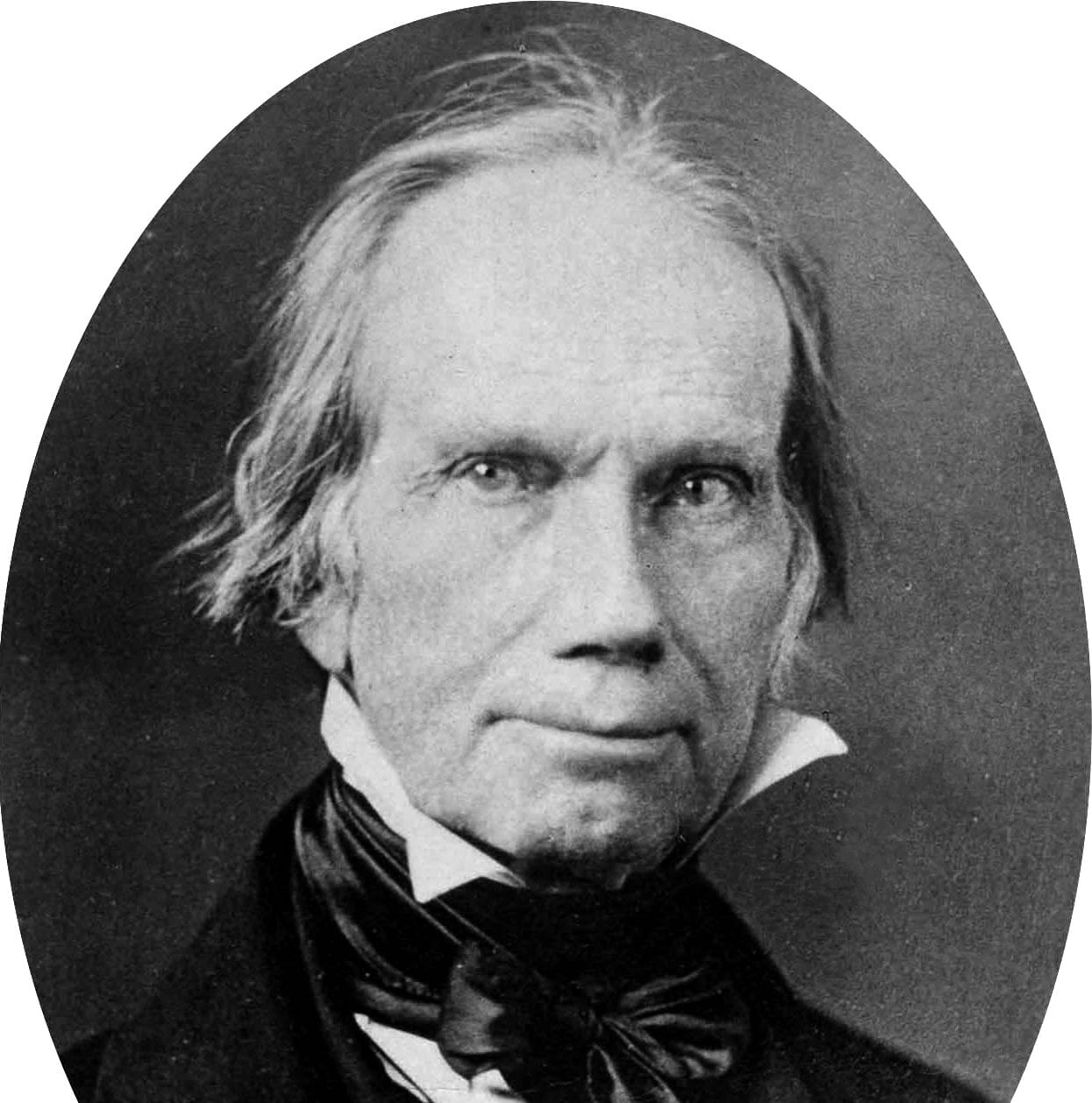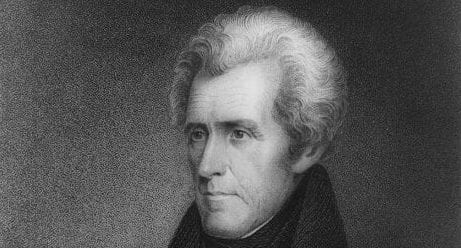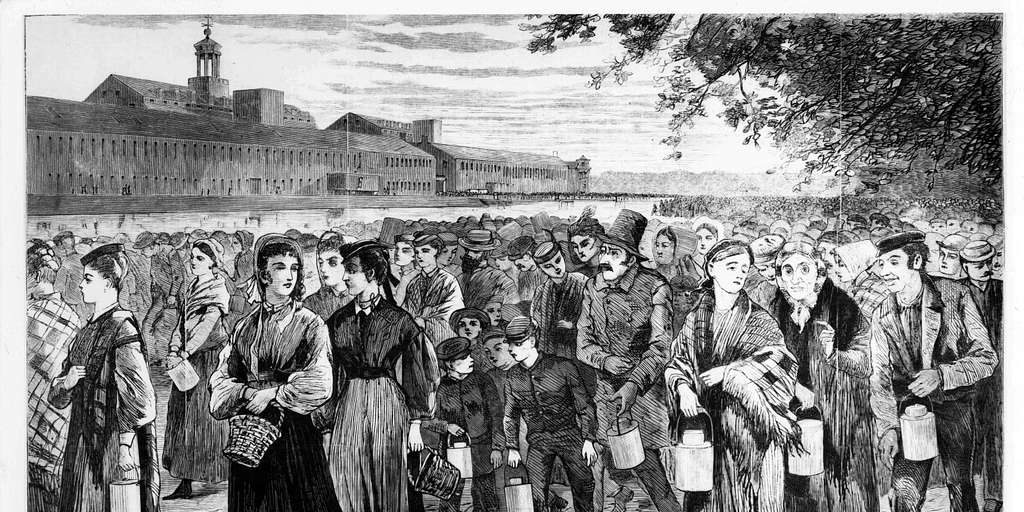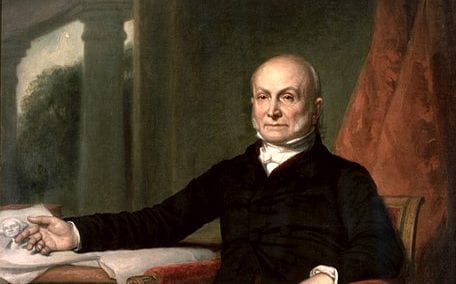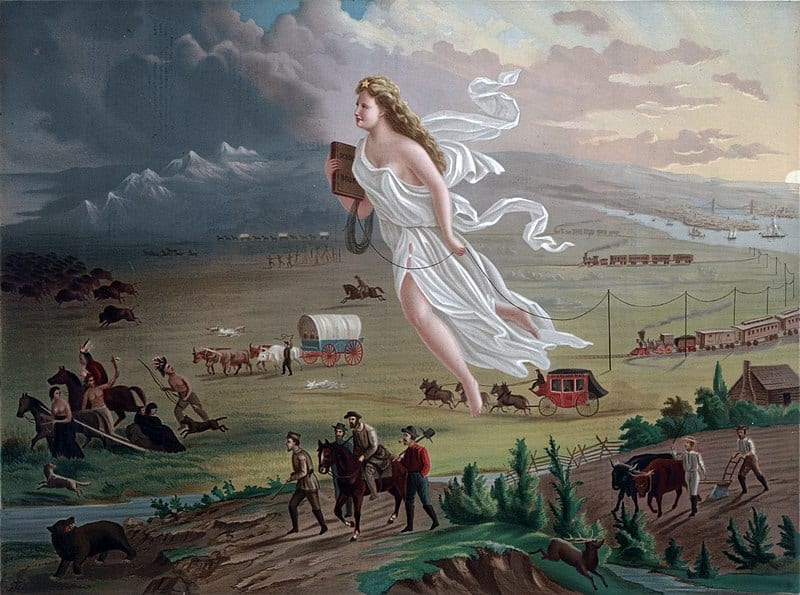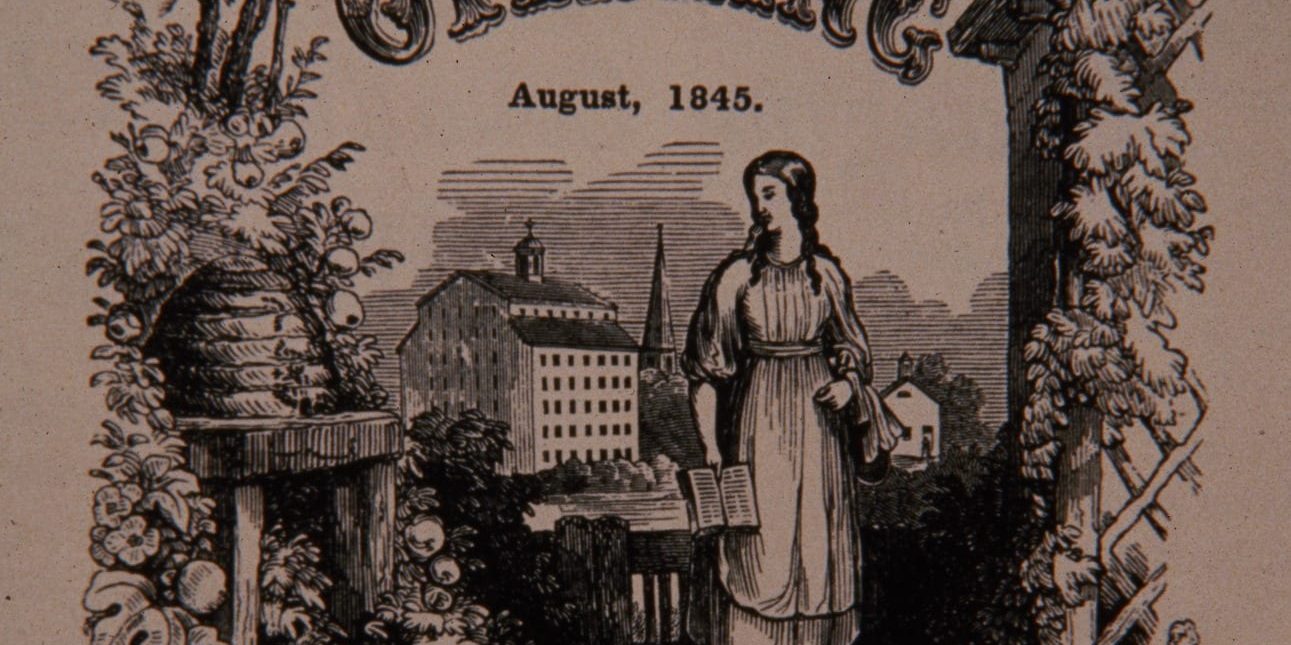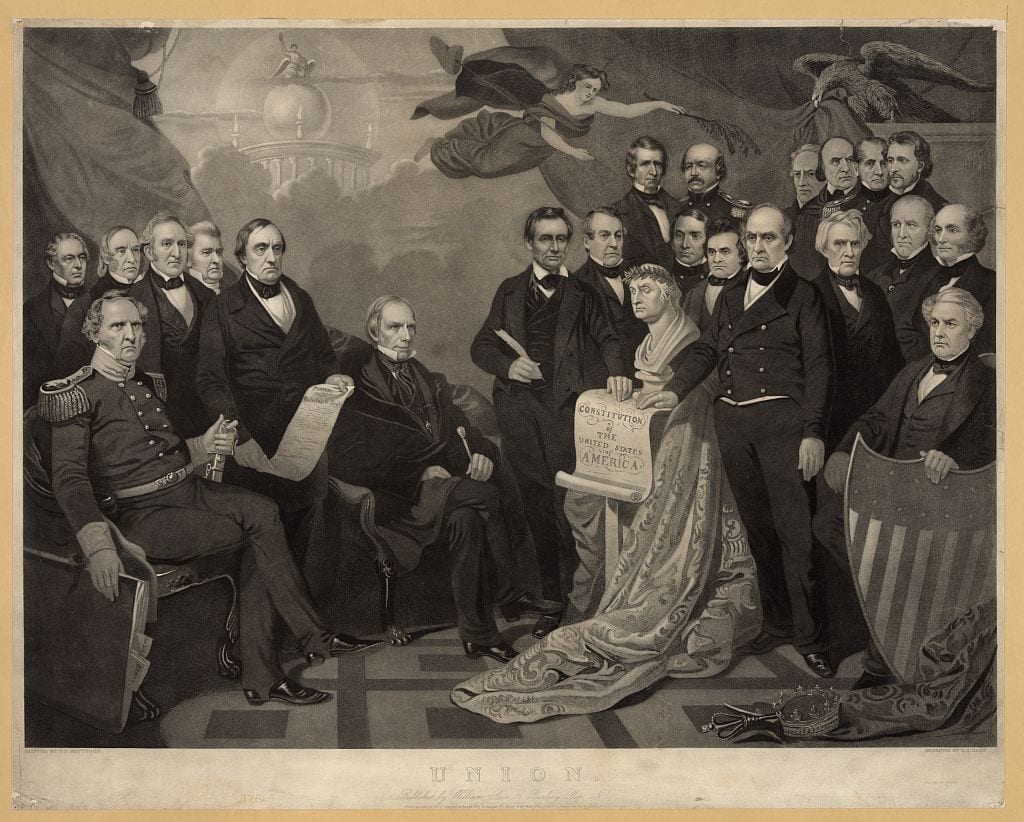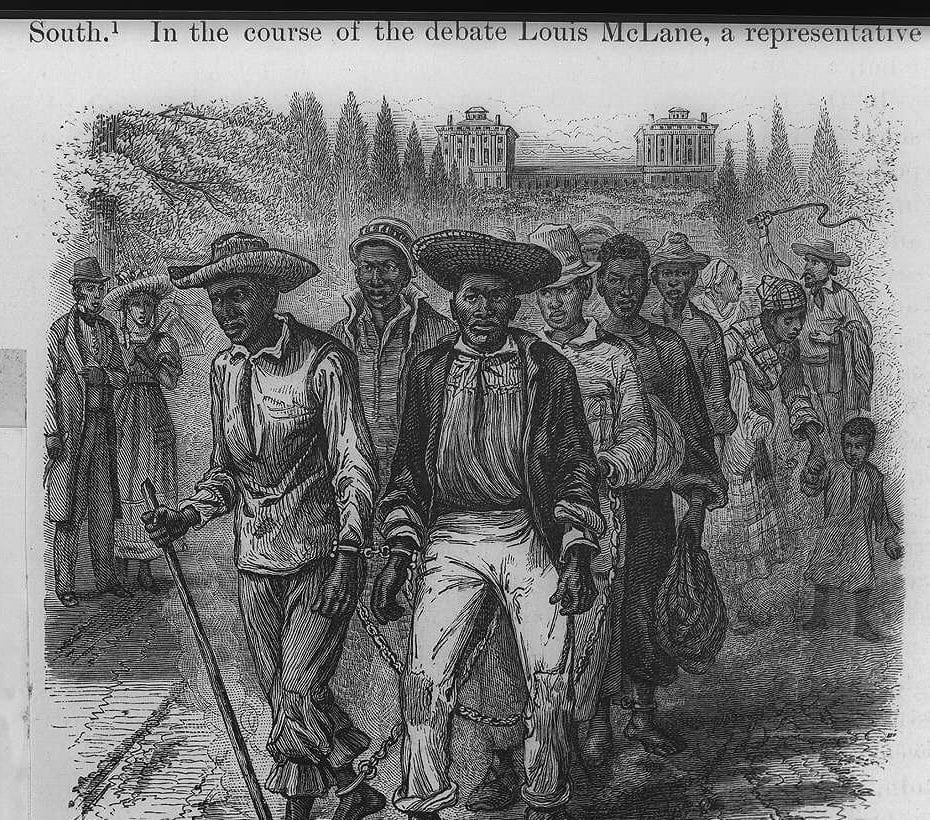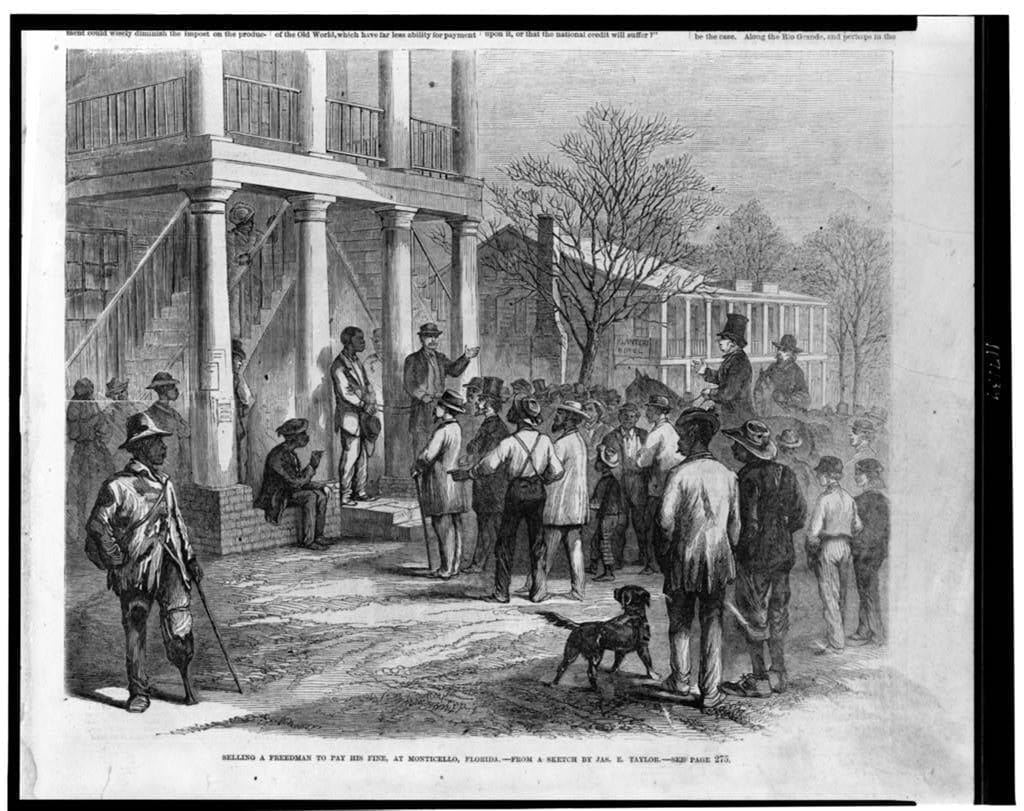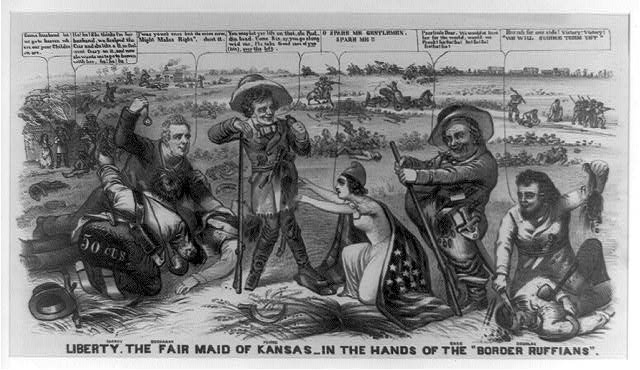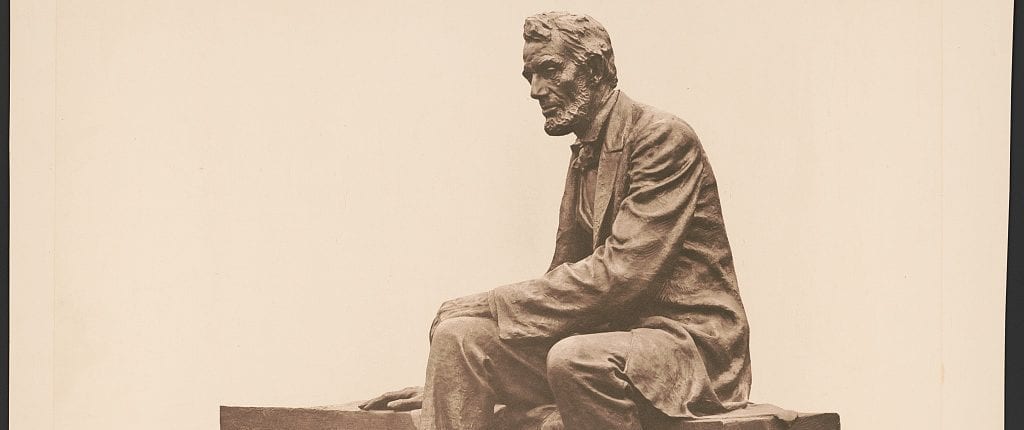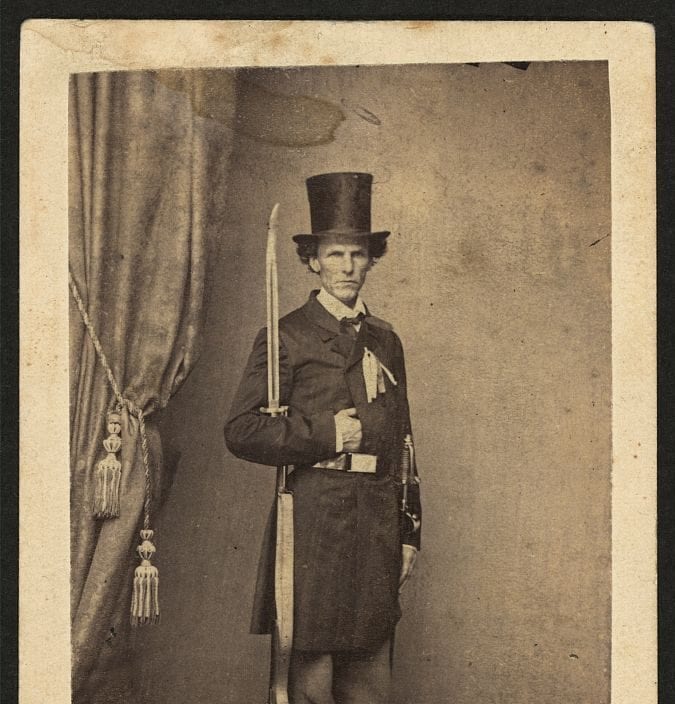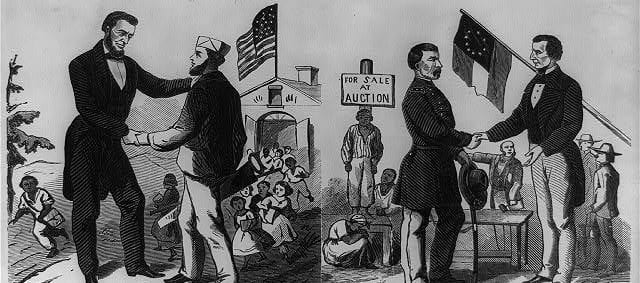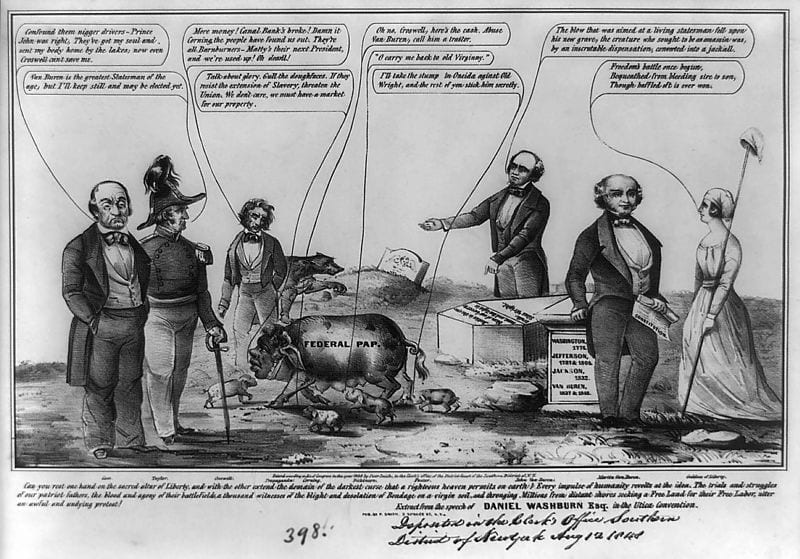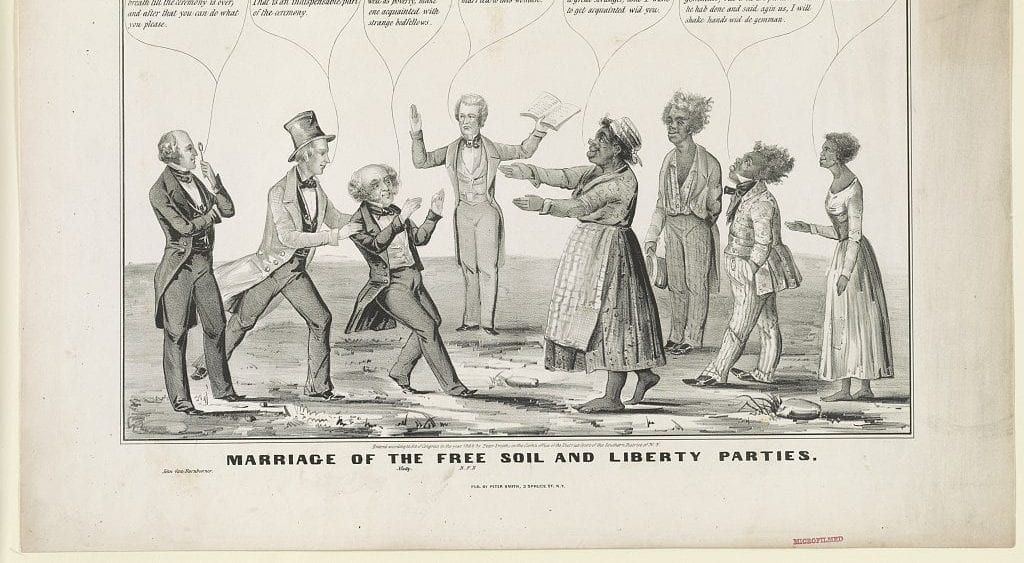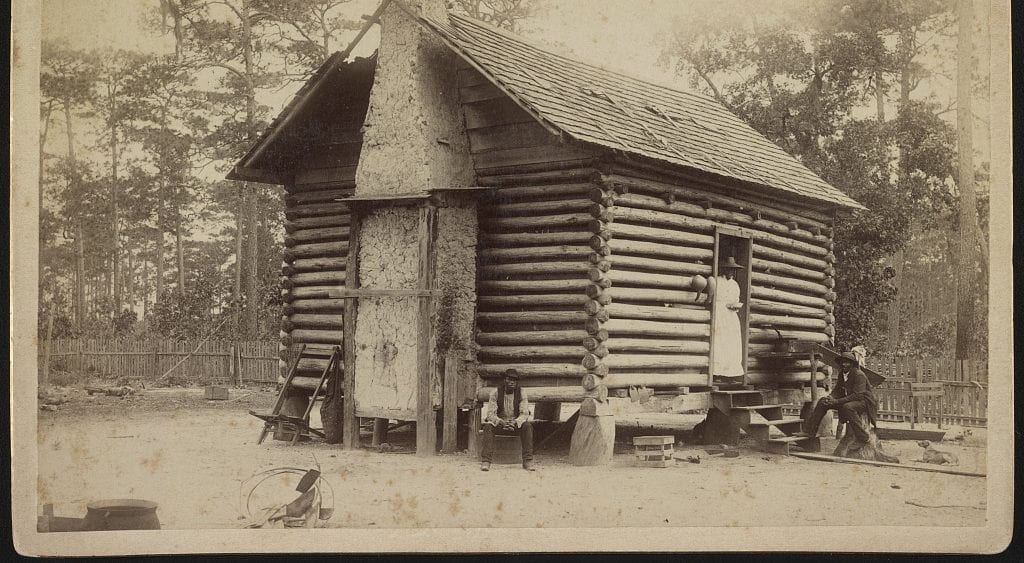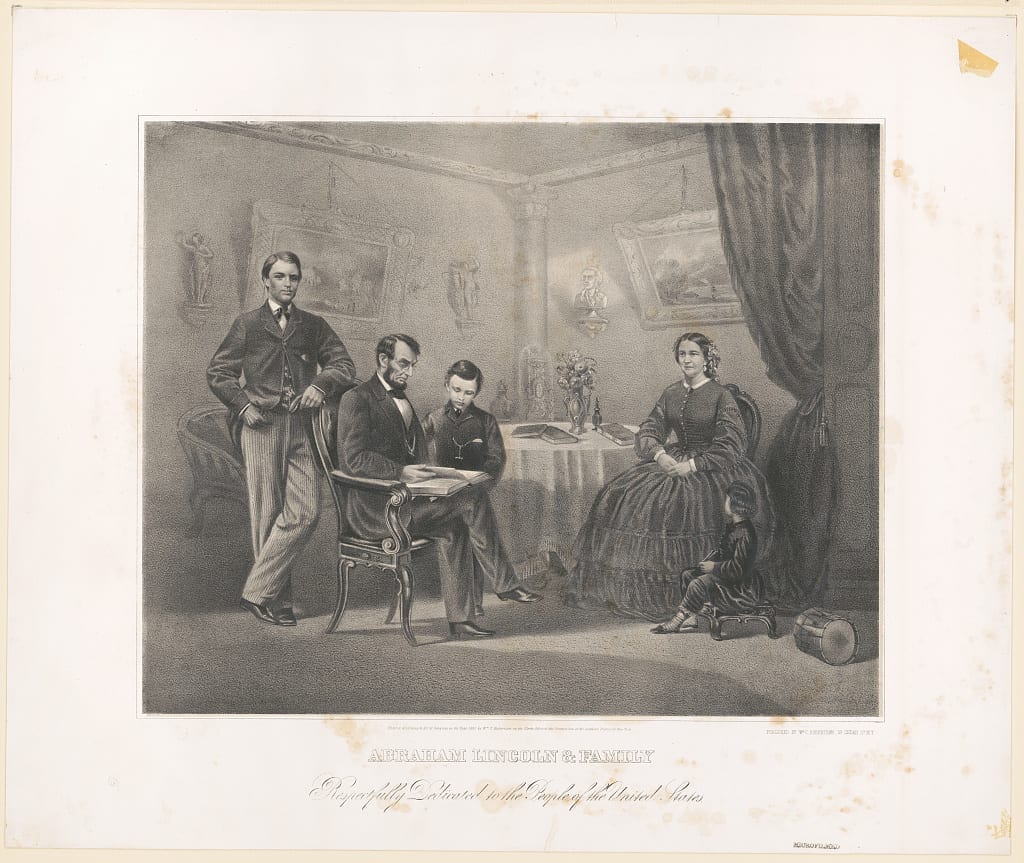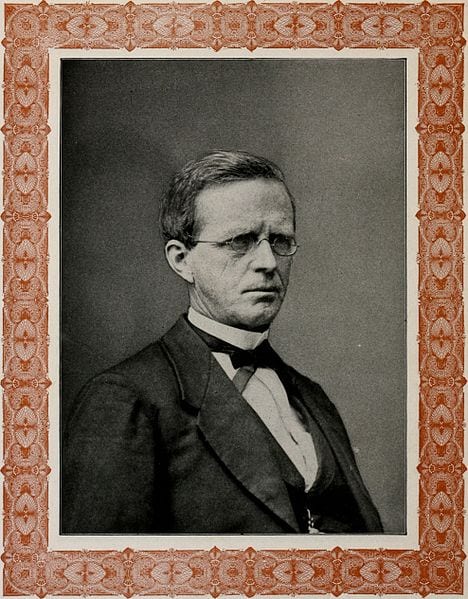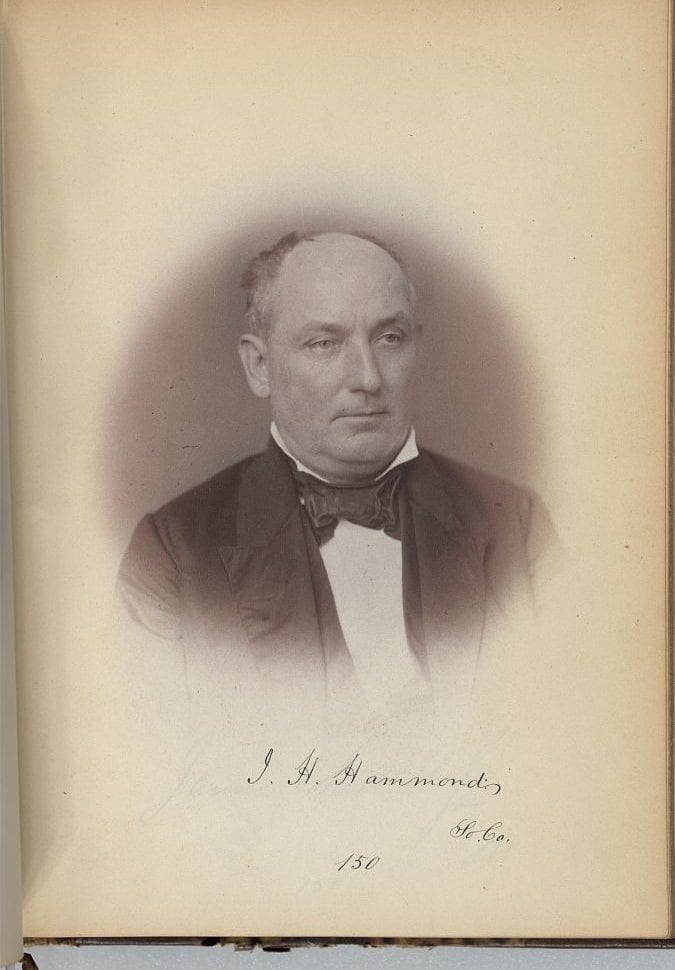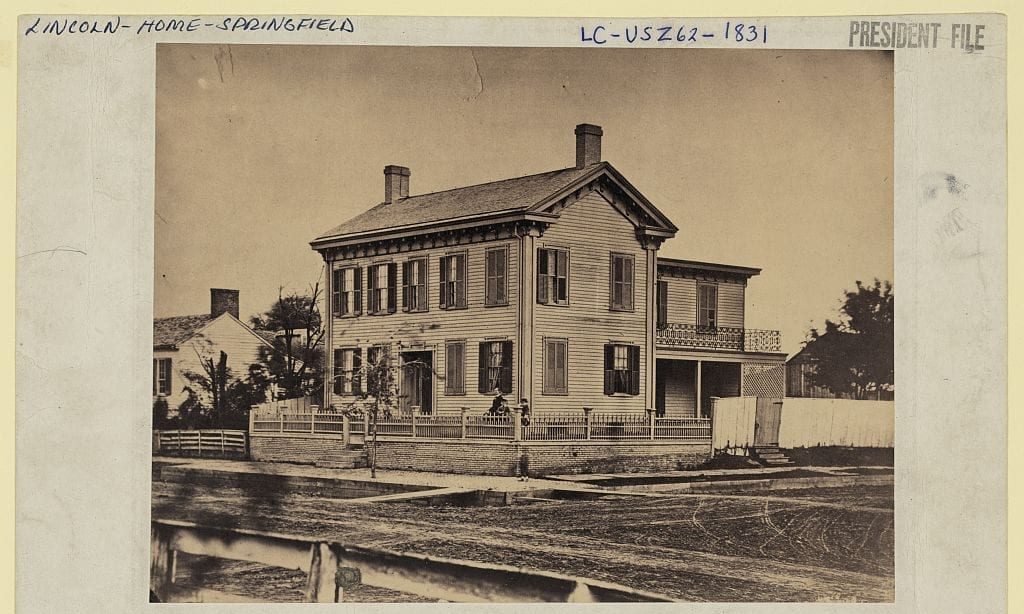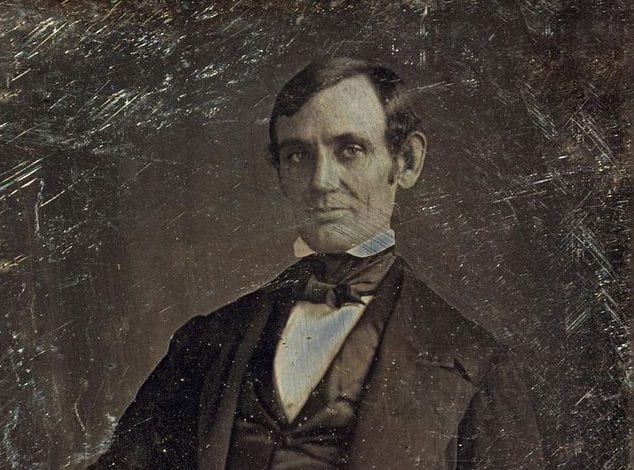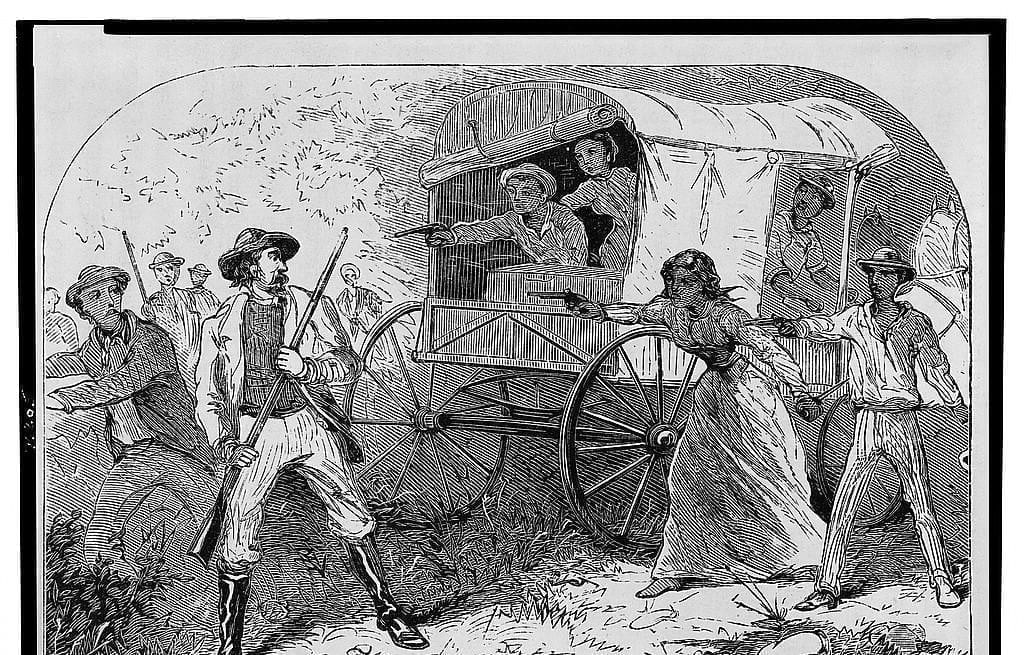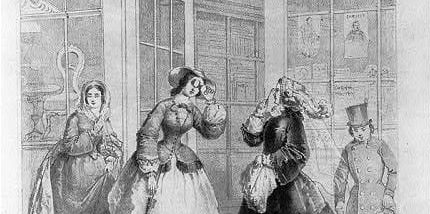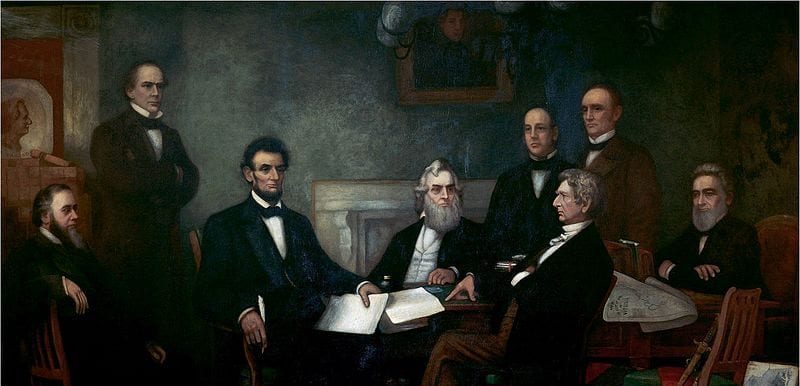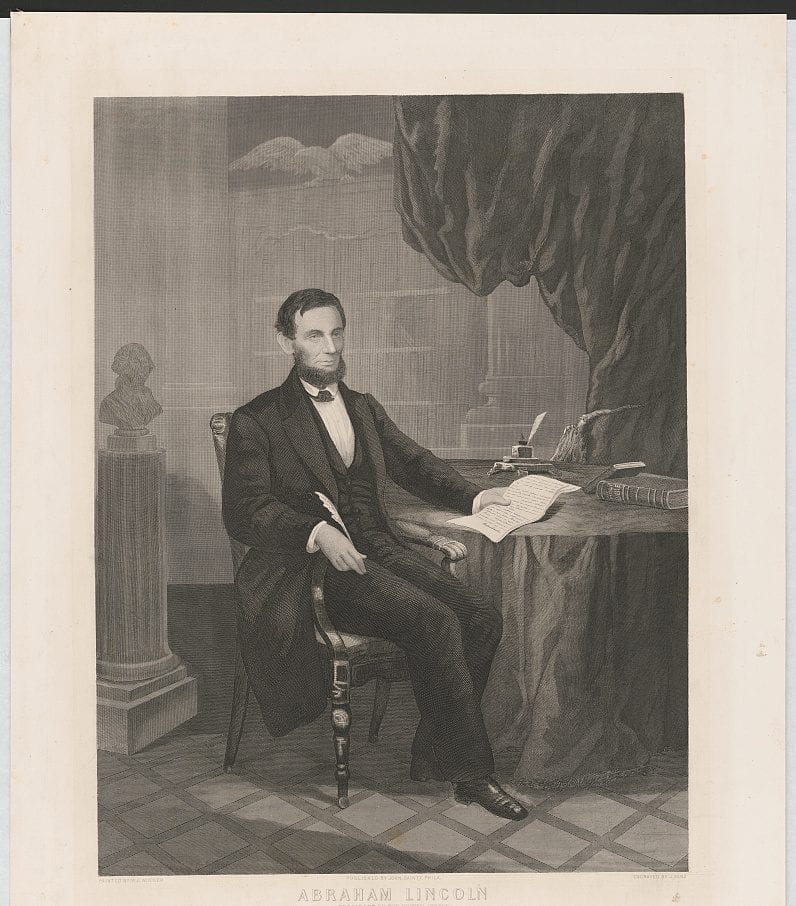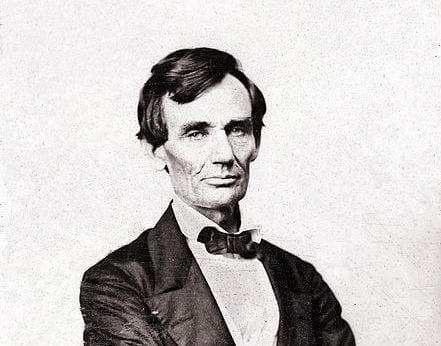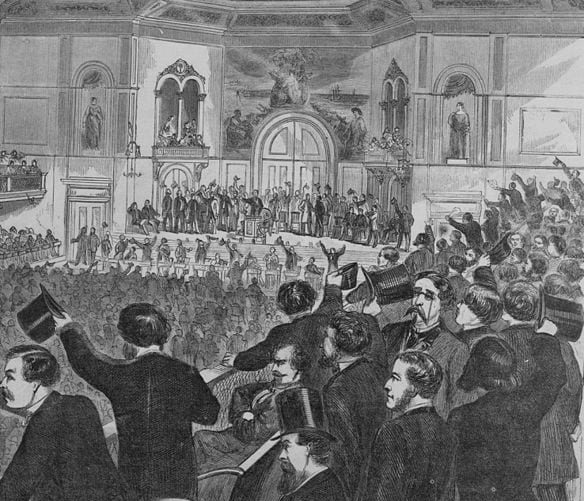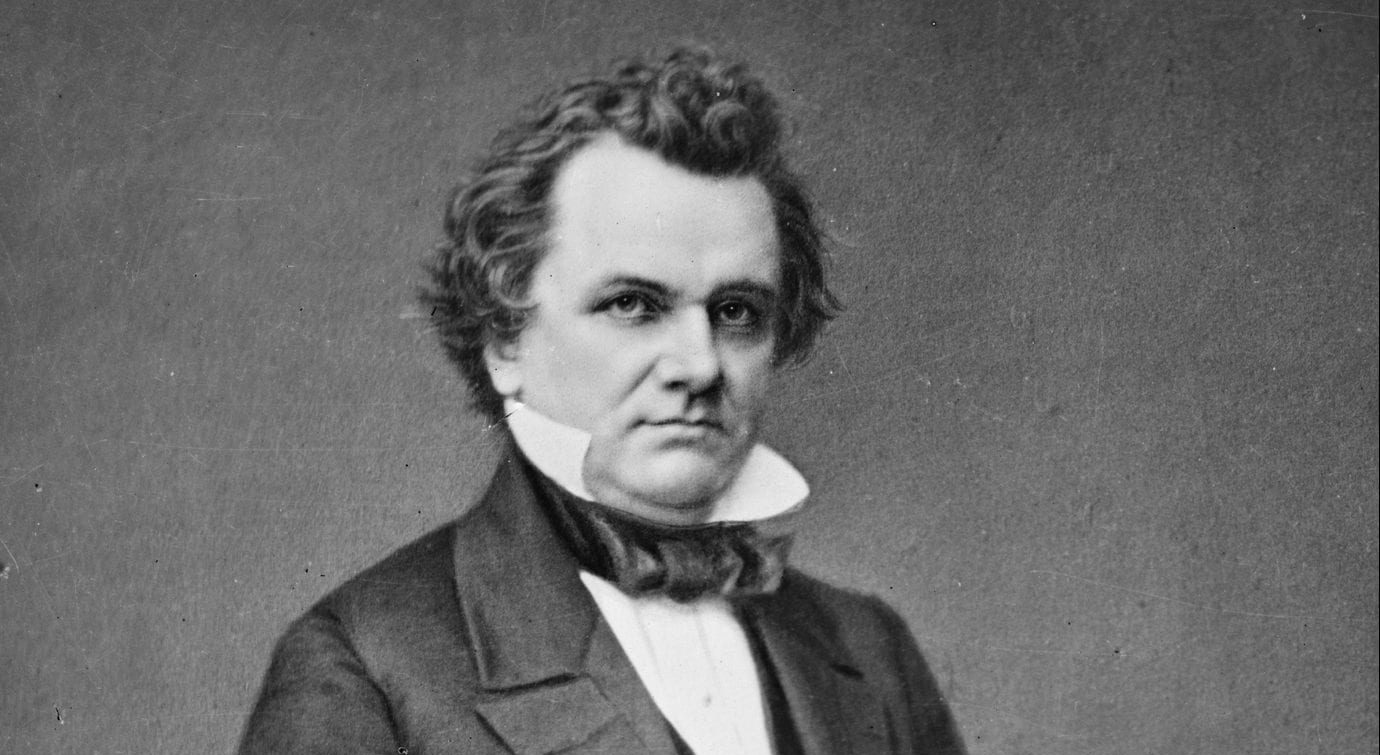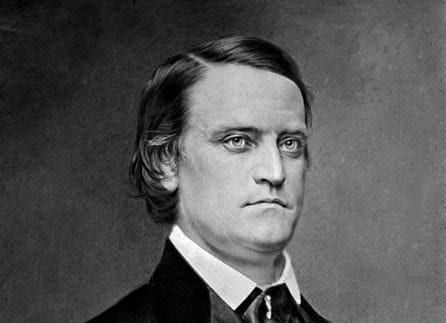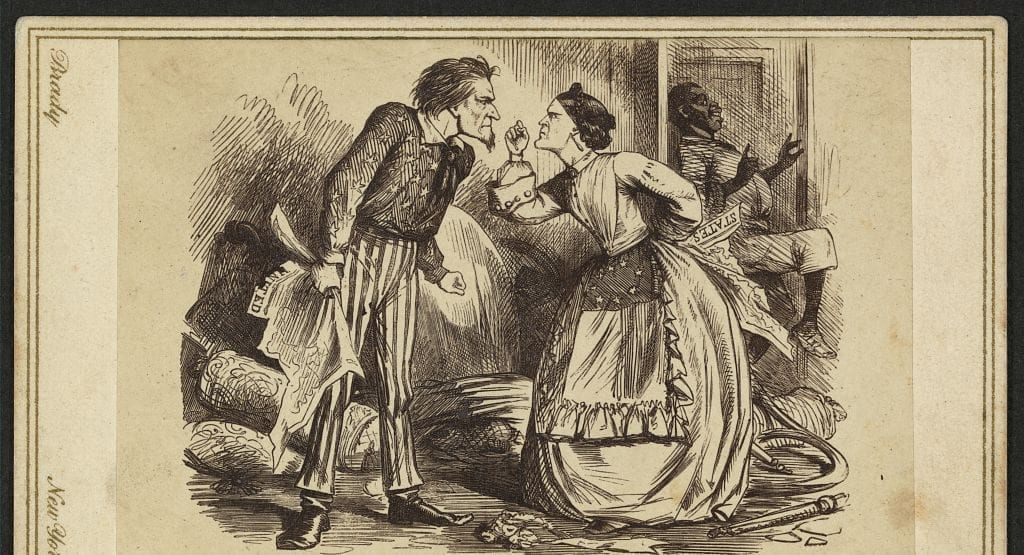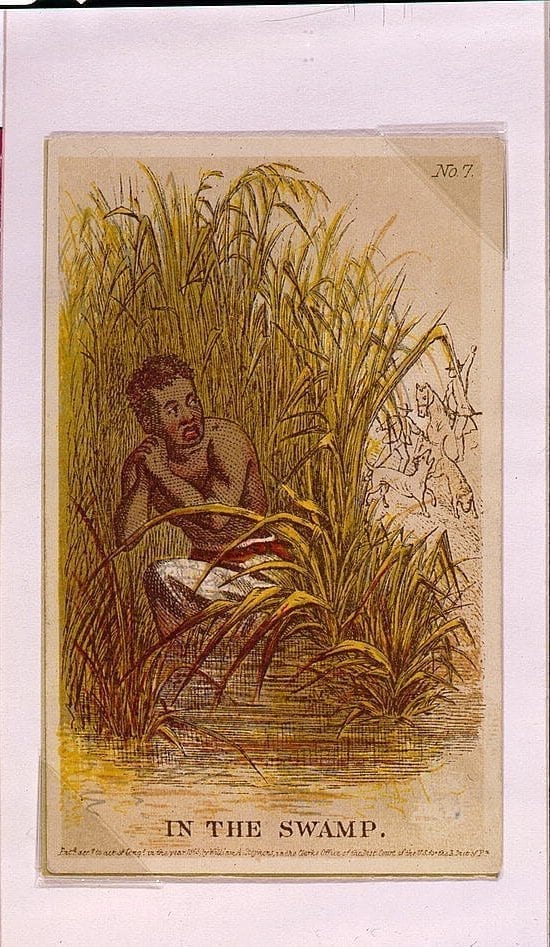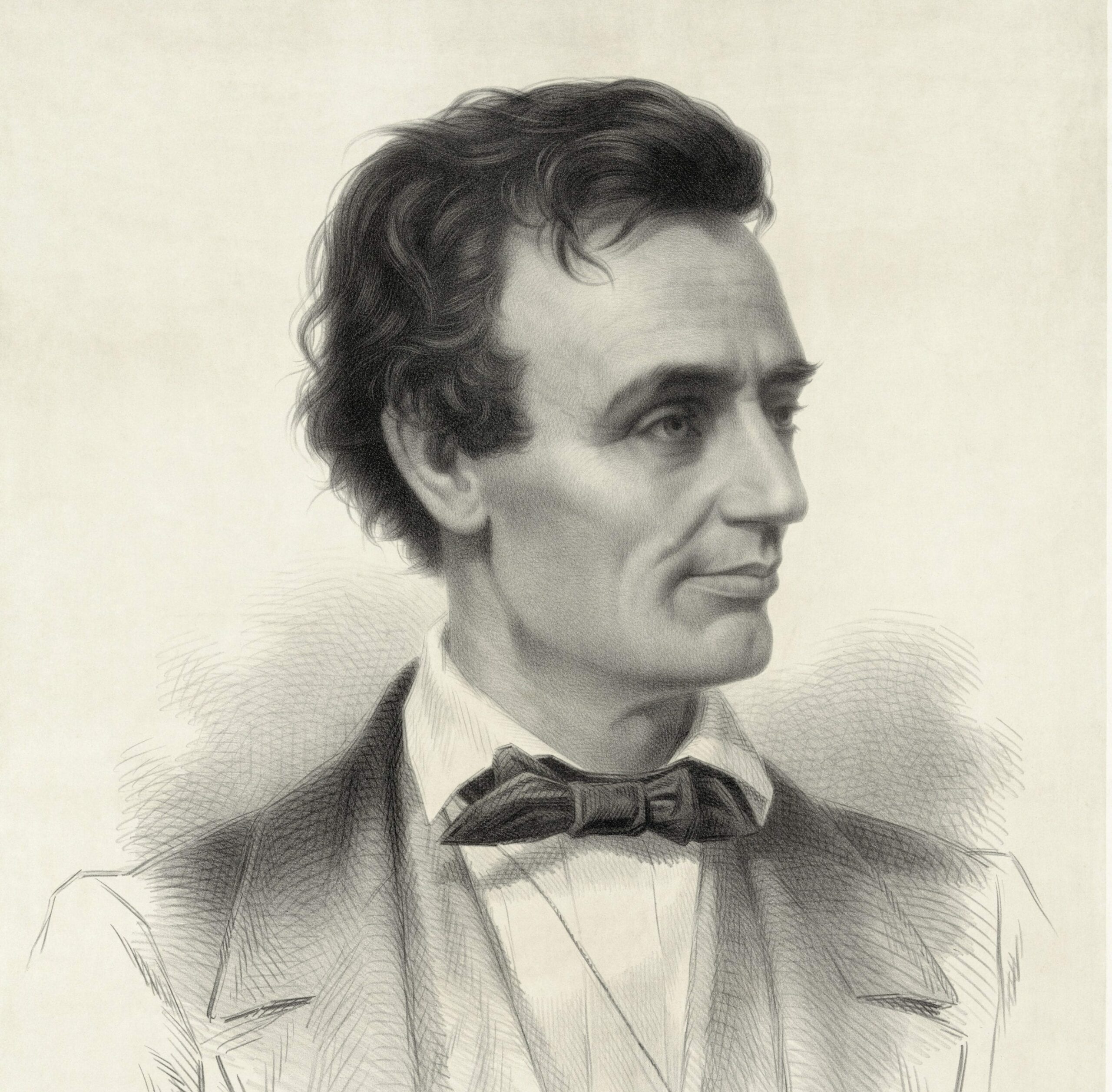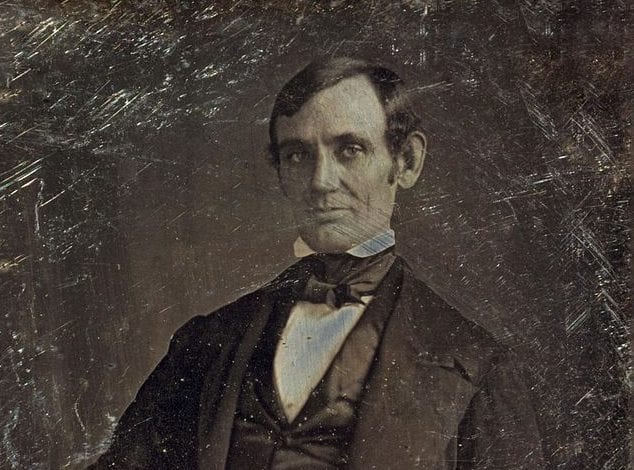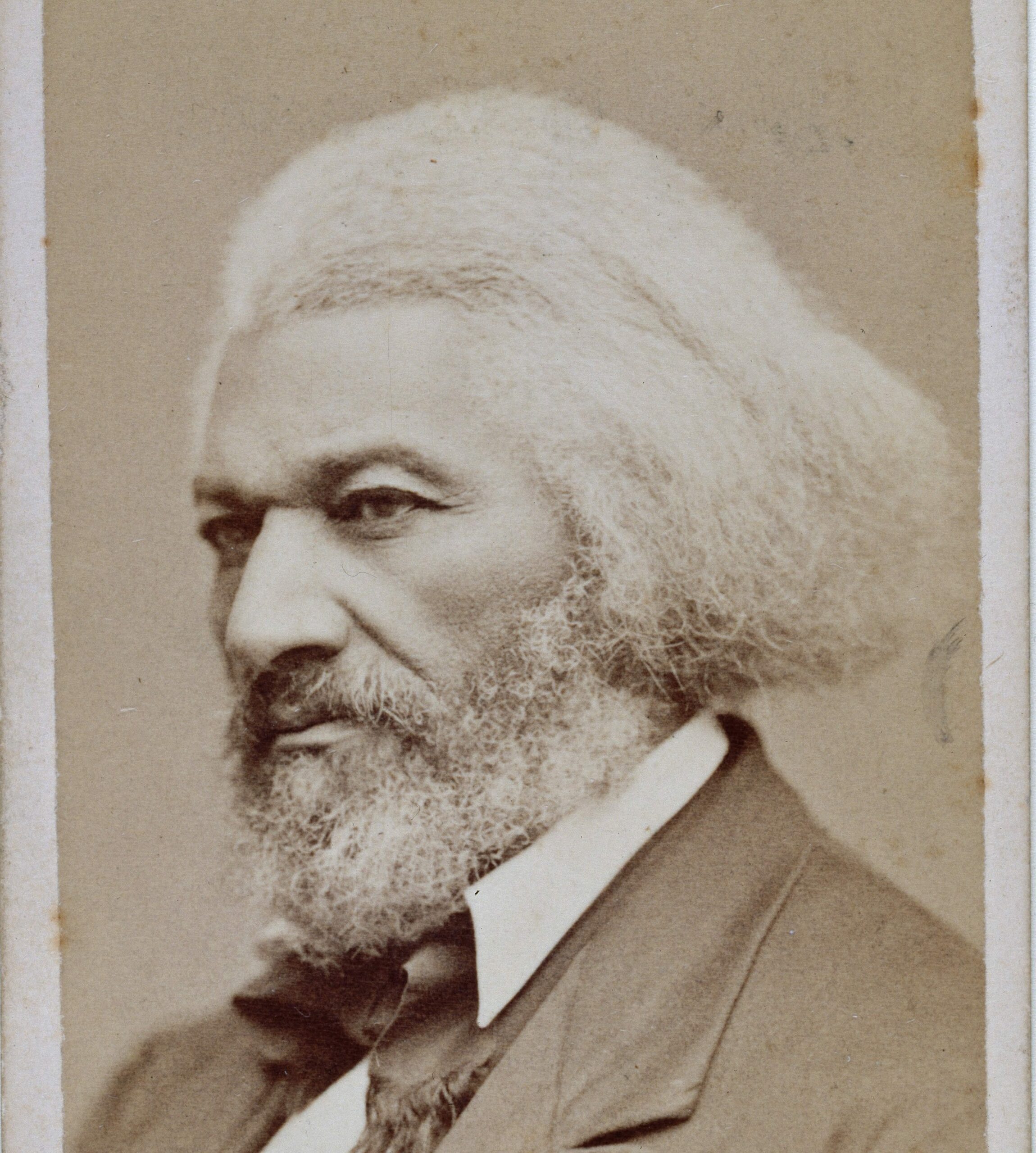


No related resources
Introduction
The Republic of Texas became the 28th state in the Union on December 29, 1845. However, the southern border of Texas was the subject of an ongoing dispute between Texas and Mexico. Texas claimed that its territory extended all the way south to the Rio Grande, while Mexico contended that it ended at the Nueces River, further north. The disputed patch of land ultimately caused the hostilities between the United States and Mexico in what is now known as the Mexican-American War.
Freshly elected President James K. Polk unsuccessfully offered to purchase this disputed land in early 1846. When his proposition failed, Polk dispatched Gen. Zachary Taylor and American forces to occupy the land between the two rivers. In April and May 1846, Mexican militants seized an American Army outpost named Fort Texas, which was defending the claimed land. Just prior to the siege, the Mexican Army ambushed a small army of 80 American dragoons resulting in a dozen American casualties and the capture of around approximately fifty soldiers. Polk sent a message to Congress stating that “after reiterated menaces, Mexico has passed the boundary of the United States, has invaded our territory, and shed American blood upon the American soil. She has proclaimed that hostilities have commenced, and that the two nations are now at war.” He therefore called upon Congress “to recognize the existence of the war, and to place at the disposition of the Executive the means of prosecuting the war with vigor, and thus hastening the restoration of peace.”
Polk’s message war had commenced, which prompted a debate in Congress over whether the president had the Constitutional authority to designate the hostilities between the two nations as a war per se, or could declare the commencement of war, or whether the Constitution gave that power solely to Congress. After the war ended, the House of Representatives debated a resolution declaring that the war had been unconstitutionally begun by Polk.
Source: Congressional Globe, 29th Congress, 1st Session, vol. 15 (May 11–12, 1846), pp. 782–786, 795–797; Congressional Globe, 30th Congress, 1st Session, vol. 17 (Jan 3. 1848), p. 95.
United States Senate
May 11, 1846
Mr. CALHOUN[1] thus rose, and said: The question now submitted to us is one of the gravest character, and the importance of the consequences which may result from it we cannot now determine. I do hope that this body will give to it that high, full, and dispassionate consideration which is worthy the character of the body and the high constitutional functions which it is called on to exercise. . . .
Mr. SPEIGHT[2] said . . . I take occasion to state here in my place . . . that I endorse every word of that message. I approve of it. The president has recommended what I am prepared to carry out. It is useless to conceal the fact that he has recommended no declaration of war. He only asks Congress to place at his disposal a sufficient military force to repel any invasion of the territory of the United States. . . .
Mr. ALLEN[3] said . . . the honorable senator has told us that the president recommends no declaration of war; but he did not tell us what the president has told us, which is the far more important fact, that war actually exists, and he asks the Congress of the United States to acknowledge that fact by such a public act as shall nationalize the troops, and put the United States in that relation to the nations of the world which she has a right to assume, as growing out of a state of war. Sir, it has been said that time for deliberation is necessary; but the time of deliberation should be measured by the crisis presented by the state of facts upon which that deliberation is to be had; and what is the crisis here! The crisis is existing war. The deliberation can tend to no point, if it have a useful object, except the great point of the defense of the country against invasion. . . .
Mr. CALHOUN [said] . . . the president has announced that there is war; but according to my interpretation, there is no war according to the sense of our Constitution. I distinguish between hostilities and war, and God forbid that, acting under the Constitution, we should ever confound one with the other. There may be invasion without war, and the president is authorized to repel invasion without war. But it is our sacred duty to make war, and it is for us to determine whether war shall be declared or not. If we have declared war, a state of war exists, and not till then. . . .
Mr. MOREHEAD[4] said. . . . according to the Constitution of the United States, there must be some action on the part of Congress. Thus far, if war does now exist—if the people of the United States now find themselves in a state of war with Mexico, it is a war which has not been brought about or declared by the legislative department of the United States, to which constitutionally the power of declaring war belongs. . . .
Mr. ARCHER.[5] I am a good deal astonished that the clear mind of my friend from Delaware[6] should have failed to make the distinction between a state of war, properly so called, and the state in which we are now placed. He and several other senators have assumed we are in a state of war. I say that we are not. When, some years ago, a vessel belonging to the United States (the Caroline)[7] was forcibly captured by an English force, did that constitute a case of war between Great Britain and the United States? I say that the president does not affirm that we are in a state of war. He cannot affirm it; for if he did, he would affirm that which, in a legal and constitutional acceptation, could not be true. If true, what would be the result? The officers and men on the Rio Grande might involve the country in war at their pleasure. . . .
Mr. CASS[8] rose and said . . . One nation can create a state of war—it requires two nations to make a peace. Suppose the other nation declares war—suppose Mexico declares war, are you at peace? What an absurd doctrine is that! I know of no intermediate state between peace and war. Are you at peace with Mexico? Are we at this moment at peace with Mexico? No. It is a state of war. . . . The honorable gentleman from South Carolina says we are in a state of hostility, but not in a state of war. Now I am not going to dispute with him about words, but I deny the doctrine advanced by him in toto. What is the difference between hostility and war? Suppose Mexico issued orders to privateers to-morrow, are you to wait for a declaration of war? If an invader approaches, can you not drive him off? Are we not now in that state of hostilities which leads to the legitimate consequence of war? I, for one, wish to be distinctly understood, that whether war be declared or not, we are now in a position in which all the legitimate rights and consequences of war exist. . . .
Mr. CALHOUN again rose and said . . . The senator from Michigan [Mr. Cass] repelled no observation of mine. His remarks had not the slightest reference to anything I said. I said, in the sense of the Constitution war could be declared only by Congress; that it was only through the exercise of the authority of Congress that that state of things called “war” could be announced to the country and the world. There is no question between him and myself. The question is between him and the Constitution. It would be a great abuse of language, then, in a constitutional sense, to say we are at war with Mexico. . . .
Mr. CLAYTON[9] proceeded . . . the whole conduct of the Executive in this case has been utterly unjustifiable. If the acts of the Executive do not amount to acts of war, they are acts which necessarily tended to provoke war, and to bring on war, and that without consulting Congress or the constitutional advisers of the Executive of the United States . . . I do not see on what principle it can be shown that the president, without consulting Congress and obtaining its sanction for the procedure, had a right to send an army to take up a position, where, as it must have been foreseen, the inevitable consequence would be war. . . .
United States Senate
May 12, 1846
The following bill was received from the House of Representatives: “An act providing for the prosecution of the existing war between the United States and the Republic of Mexico.” . . .
Mr. CALHOUN rose and said . . . [he] had no objection whatever to voting the amount of supplies contained in the bill, or even a greater amount; but he was at present unprepared to vote anything which amounted to a declaration of war. . . .
Mr. MANGUM[10] said he had no disposition to embarrass the passage of the bill. He should, however, greatly hesitate to vote for it in its present shape, inasmuch as it was equivalent to a declaration of war. . . .
Suppose that the [Mexican] troops which had crossed the Rio del Norte had acted without authority from their government, and that the collision which had unhappily taken place was owing to their own unauthorized act: was any senator prepared to say that, according to the doctrines of our national law, this constituted a state of war between the two nations? The act of these military officers might yet be disavowed, and, until the Senate was better informed, were they ready solemnly to pass an act which was equivalent to declaring war in form? Mr. M., for one, was not willing to do this. He wanted more light. . . .
Let this fact be clearly ascertained, and then he was prepared to vote not fifty thousand men only, but a hundred or a hundred and fifty thousand, if the Executive came to Congress and demanded that amount. He was ready to place the whole force of the country at his disposal, so that he should be able to conquer peace in the heart of the Mexican empire. But if it should turn out that the acts of the Mexican soldiery were unauthorized, and that the two nations were not constitutionally in a state of war, why pass this bill in such a form as should give to the president the power to declare war at his pleasure? . . .
Mr. CALHOUN said . . . He could not agree to make war on Mexico by making war on the Constitution; and the Senate would make war on the Constitution by declaring war to exist between the two governments when no war had been declared, and nothing had occurred but a slight military conflict between a portion of two armies. Yet he was asked to affirm, in the very face of the Constitution, that a local rencontre, not authorized by the act of either government, constituted a state of war between the government of Mexico and the government of the United States. . . . It was monstrous. It stripped Congress of the power of making war; and, what was more and worse, it gave that power to every officer, nay, to every subaltern commanding a corporal’s guard. . . .
[Two days later, the Senate passed the bill, with the language acknowledging “the existing war between the United States and the Republic of Mexico,” 40–2, with Calhoun and two other senators not voting.]
United States House of Representatives
January 3, 1848
[The House of Representatives considered a resolution of thanks to General Zachary Taylor for his military leadership during the Mexican-American War.]
Mr. HENLEY[11] moved to amend, by adding an instruction to the committee to add the words “engaged as they were in defending the rights and honor of the nation.” On this he asked for the yeas and nays.
Mr. ASHMUN[12] moved to amend the amendment by adding the words “in a war unnecessarily and unconstitutionally begun by the president of the United States.”
[Ashmun’s amendment to Henley’s amendment passed 85–81. Among those voting for the amendment was Abraham Lincoln.]
- 1. John C. Calhoun (1782–1850) was a senator from South Carolina who served as vice president during the administrations of John Quincy Adams and Andrew Jackson, and secretary of state during the administrations of John Tyler and James K. Polk. He was an advocate of states’ rights and nullification and was one of the most distinguished political orators and thinkers of his generation.
- 2. Jesse Speight (1795–1847) was a senator from Mississippi. He also served several terms as a member of the House of Representatives from North Carolina.
- 3. William Allen (1803–1879) was a senator from Ohio who also served as the 31st governor of Ohio after the Civil War.
- 4. James Turner Morehead (1797–1854) was a senator from Kentucky who also served as the 12th governor of Kentucky.
- 5. William S. Archer (1789–1855) was a senator from Virginia.
- 6. John M. Clayton (1796–1856) was a senator from Delaware who eventually served as secretary of state under Presidents Zachary Taylor and Millard Fillmore.
- 7. The Caroline affair occurred in 1837 when William Mackenzie led a failed rebellion for Canadian independence from Great Britain, following which he and his American supporters occupied an island on the Canadian side of Niagara Falls and named it the Republic of Canada. The Caroline was an American steamboat sent to reinforce the island. It was attacked by a Canadian militia on the American side of the border. The Caroline was seized, burned, and sent over Niagara Falls, and one American was killed in the fighting.
- 8. Lewis Cass (1782–1866) was a senator from Michigan who served as secretary of state under James Buchanan. He was the Democratic candidate for president in 1848, losing to Zachary Taylor.
- 9. Thomas Clayton (1777–1854) was a Delaware senator who served for ten years in the Senate after having served as the chief justice of Delaware.
- 10. Willie Person Mangum (1792–1861) was a senator from North Carolina. He was one of several Whig Party candidates for president in 1836.
- 11. Thomas J. Henley (1808–1875) was a representative from Indiana who served three terms in the House.
- 12. George Ashmun (1804–1870) was a representative from Massachusetts who served three terms in the House. He was also the Speaker of the Massachusetts House of Representatives.

Conversation-based seminars for collegial PD, one-day and multi-day seminars, graduate credit seminars (MA degree), online and in-person.














